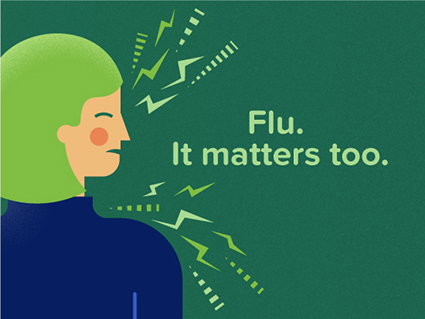
- Inability to stay awake covid how to#
- Inability to stay awake covid skin#
- Inability to stay awake covid android#
- Inability to stay awake covid series#
"If symptoms occur, individuals should immediately quarantine until a negative test confirms symptoms are not attributable to COVID-19," the guidance states. The CDC states that anyone who may have been exposed to someone with COVID should test five days after their exposure, or as soon as symptoms occur. When is the best time to get tested after exposure? Still, for those who are vaccinated and boosted but are still looking to be cautious, health experts say an additional test at seven days could help. Those who are boosted and vaccinated, or those who are fully vaccinated and not yet eligible for a booster shot, do not need to quarantine, but should wear masks for 10 days and also get tested five days after the exposure, unless they are experiencing symptoms. Those looking to get tested after exposure should do so five days after the exposure or if they begin experiencing, the CDC recommends. How long after COVID exposure could you test positive?Īccording to the CDC, the incubation period for COVID is between two and 14 days, though the newest guidance from the agency suggests a quarantine of five days for those who are not boosted, but eligible or unvaccinated. You can also notify the operator that you believe you or someone you are caring for has COVID. "Please call your medical provider for any other symptoms that are severe or concerning to you." "This list is not all possible symptoms," the CDC states.
Inability to stay awake covid skin#

How soon might COVID symptoms appear?Īccording to earlier CDC guidance, COVID symptoms can appear anywhere from two to 14 days after someone is exposed to the virus.Īnyone exhibiting symptoms should get tested for COVID-19. "The Coronavirus Self-Checker is an interactive clinical assessment tool that will assist individuals ages 13 and older, and parents and caregivers of children ages 2 to 12 on deciding when to seek testing or medical care if they suspect they or someone they know has contracted COVID-19 or has come into close contact with someone who has COVID-19," the CDC's website reads.
Inability to stay awake covid series#
The CDC also has what it calls a " coronavirus self checker" that allows people to answer a series of questions to determine if they should seek medical care. Shortness of breath or difficulty breathing.Overall, the symptoms for COVID reported by the CDC include: Still, CDC data showed the most common symptoms so far are cough, fatigue, congestion and a runny nose. She noted also that these symptoms may only reflect certain populations. The evidence so far, according to Poehling, is anecdotal and not based on scientific research. But unlike delta, many patients are not losing their taste or smell. Katherine Poehling, an infectious disease specialist and member of the Advisory Committee on Immunization Practices, told NBC News last week that a cough, congestion, runny nose and fatigue appear to be prominent symptoms with the omicron variant. Those who are unvaccinated, however, are experiencing similar symptoms to early on in the pandemic, health officials said.ĭr. But they still have the ability to transmit the virus to others.

Those who are fully vaccinated aren't necessarily getting seriously ill and having fevers for days and difficult breathing, but are instead experiencing a more mild illness, similar to a cold.
Inability to stay awake covid how to#
With some omicron cases, particularly breakthrough infections in those who are boosted and vaccinated, remaining mild, many are wondering how to tell if it's a cold, the flu or COVID-19. What are the other symptoms to watch for after COVID exposure?


Inability to stay awake covid android#
Get the NBC10 Boston app for iOS or Android and pick your alerts. Stay informed about local news and weather.


 0 kommentar(er)
0 kommentar(er)
